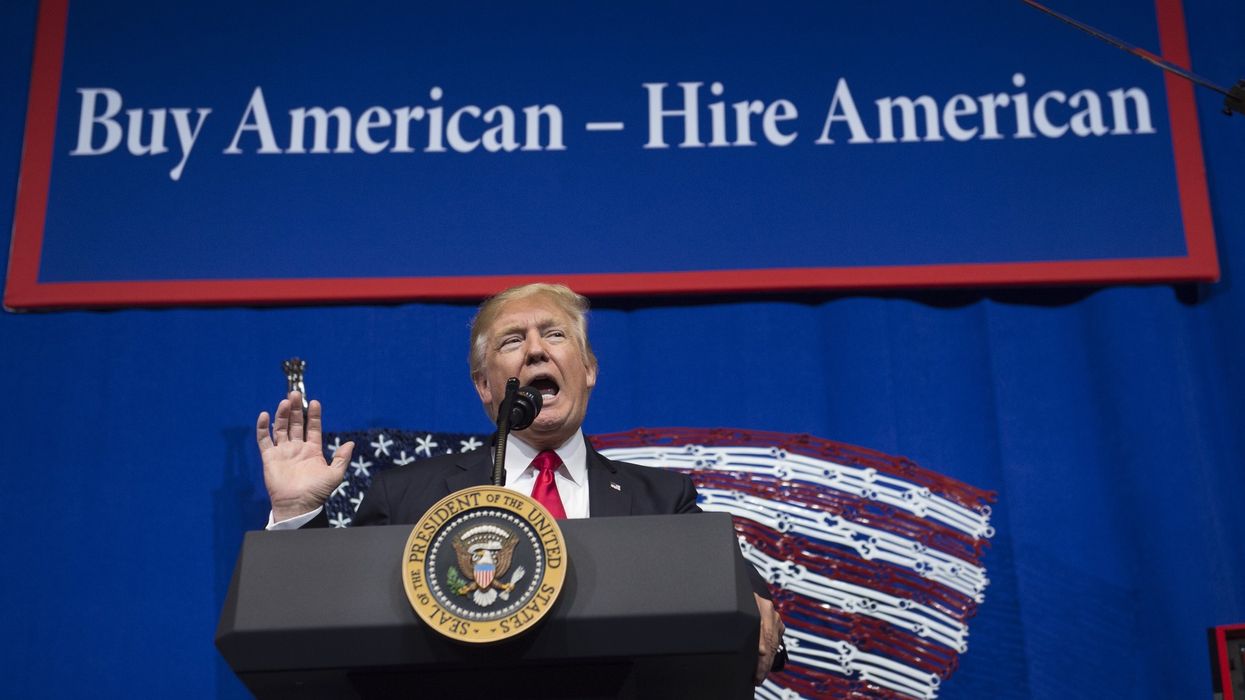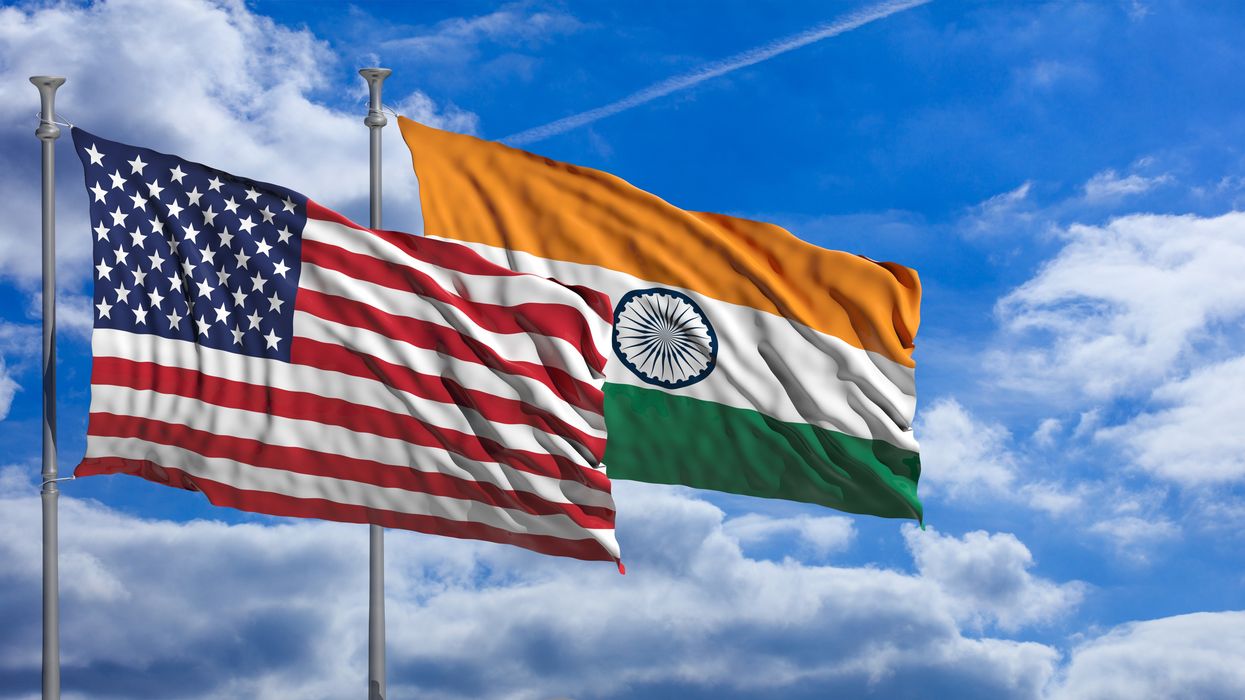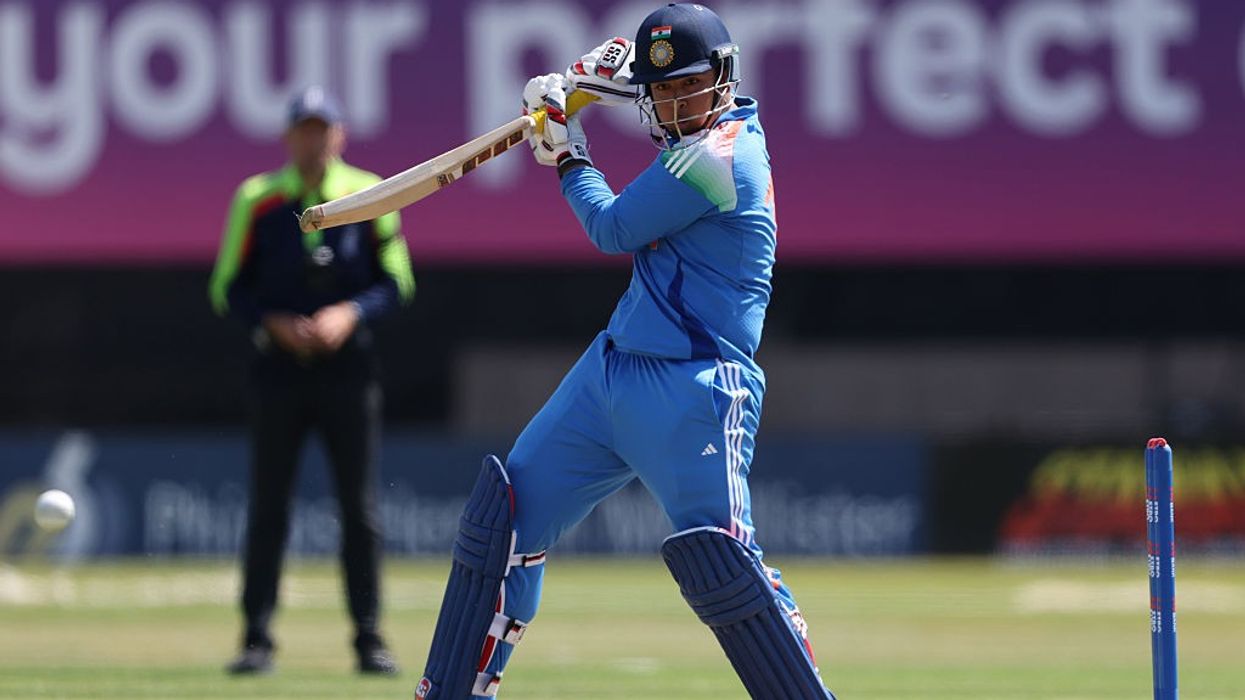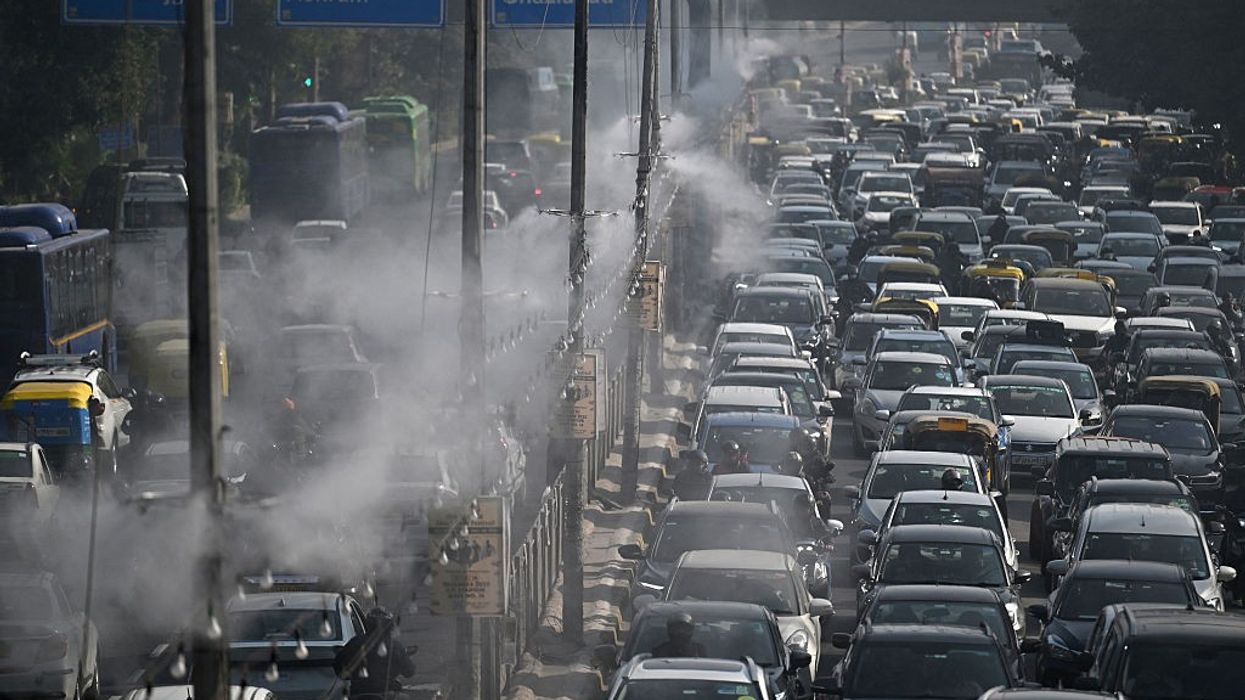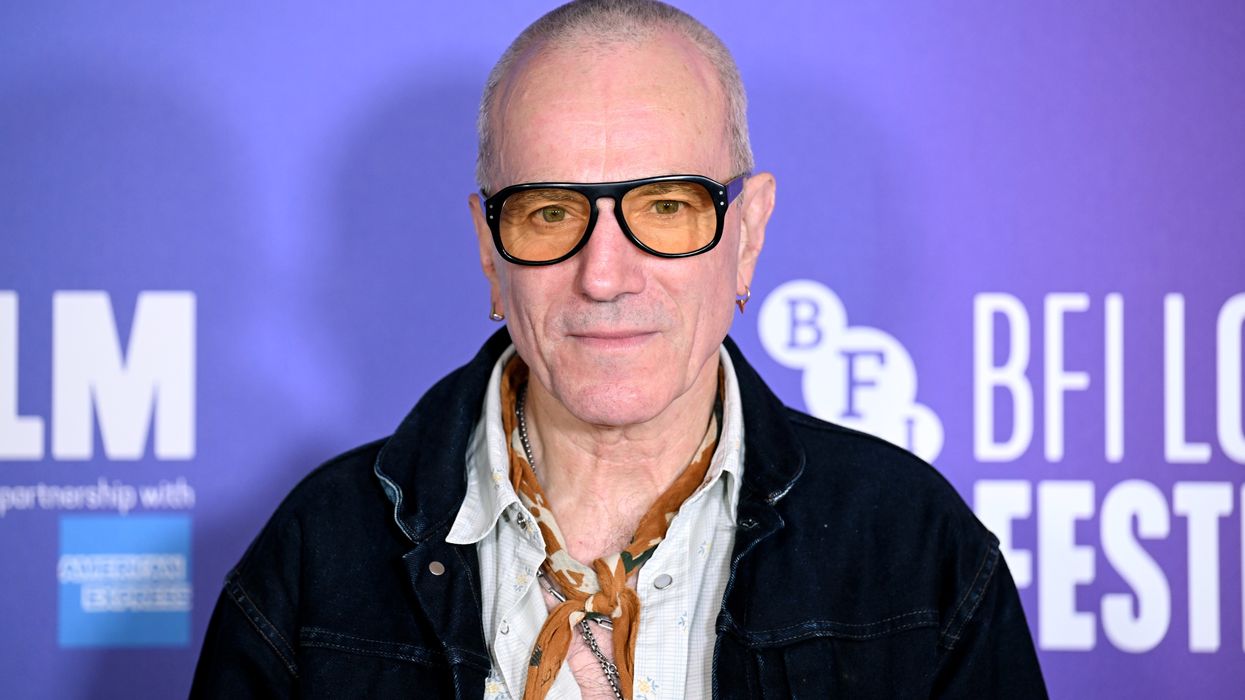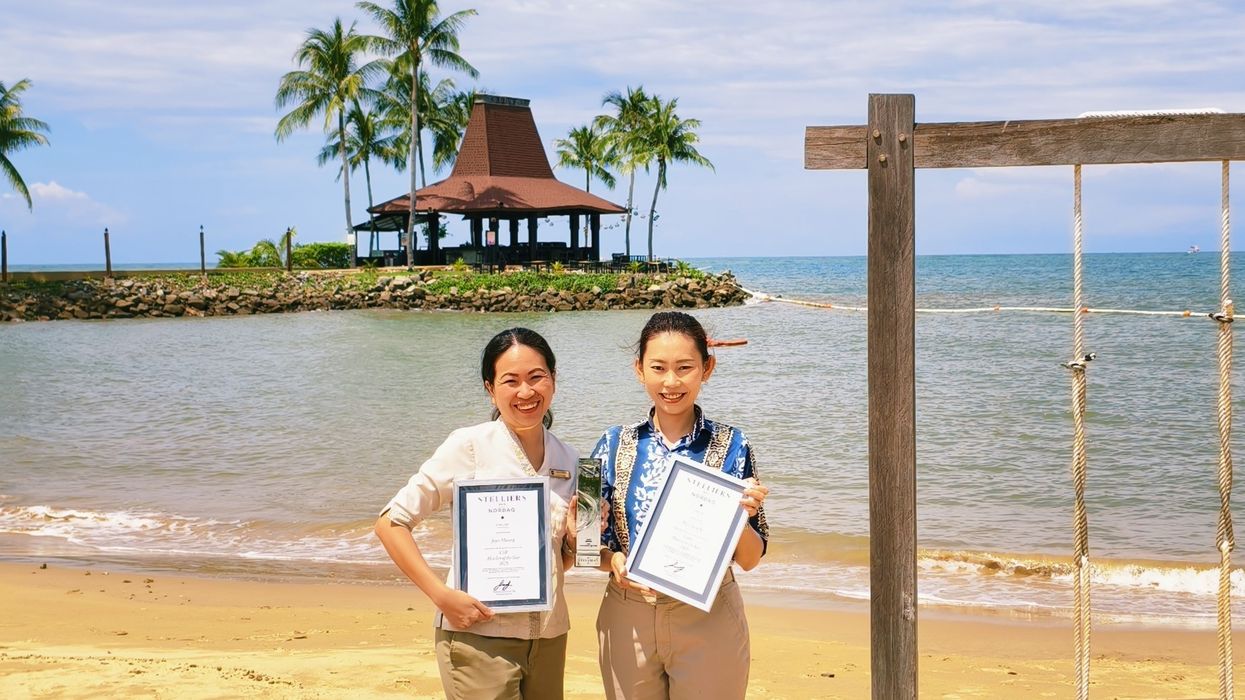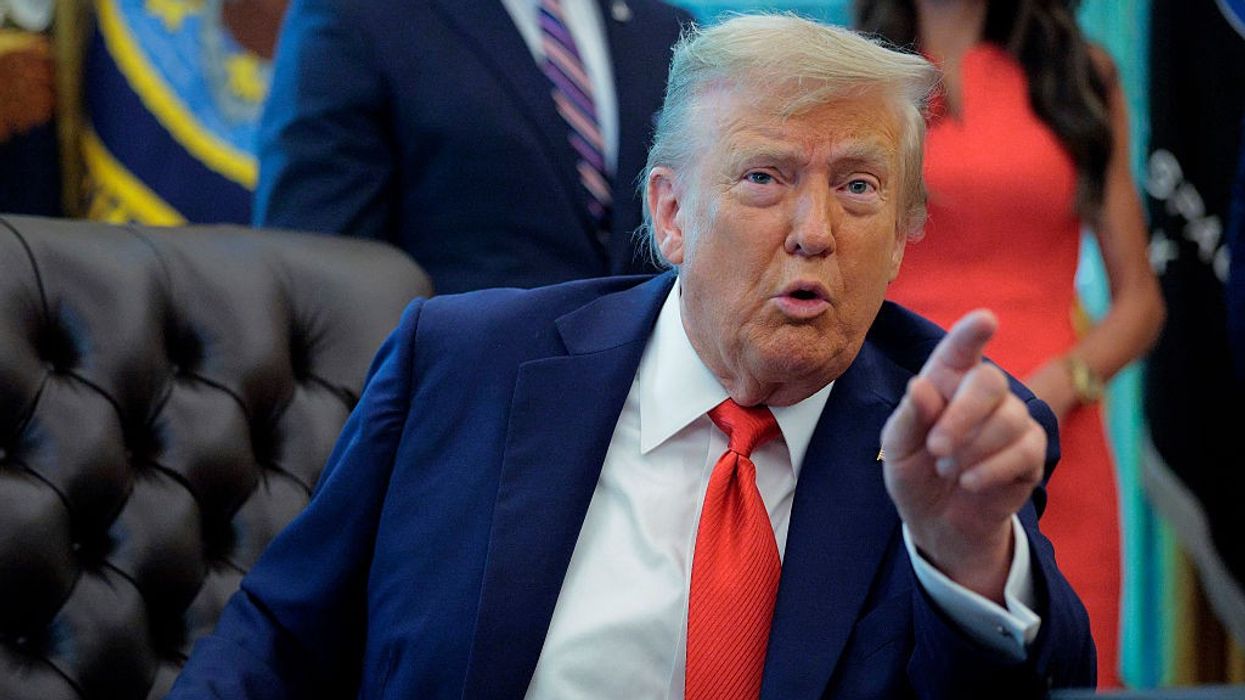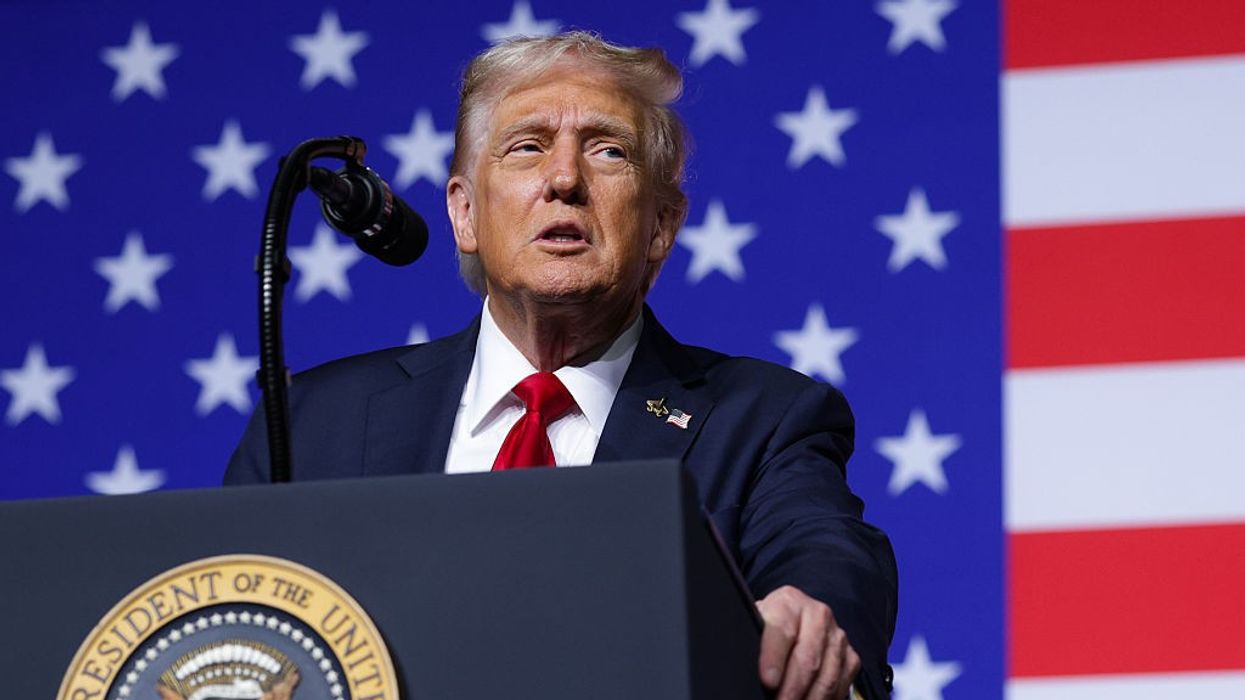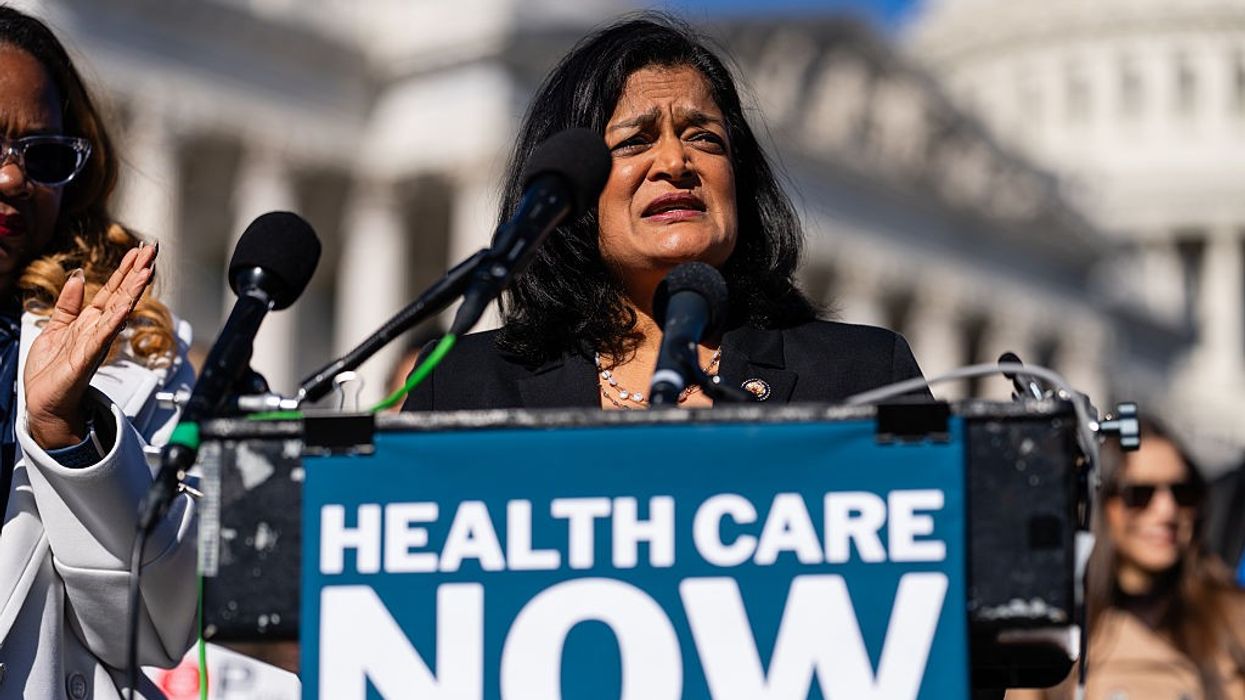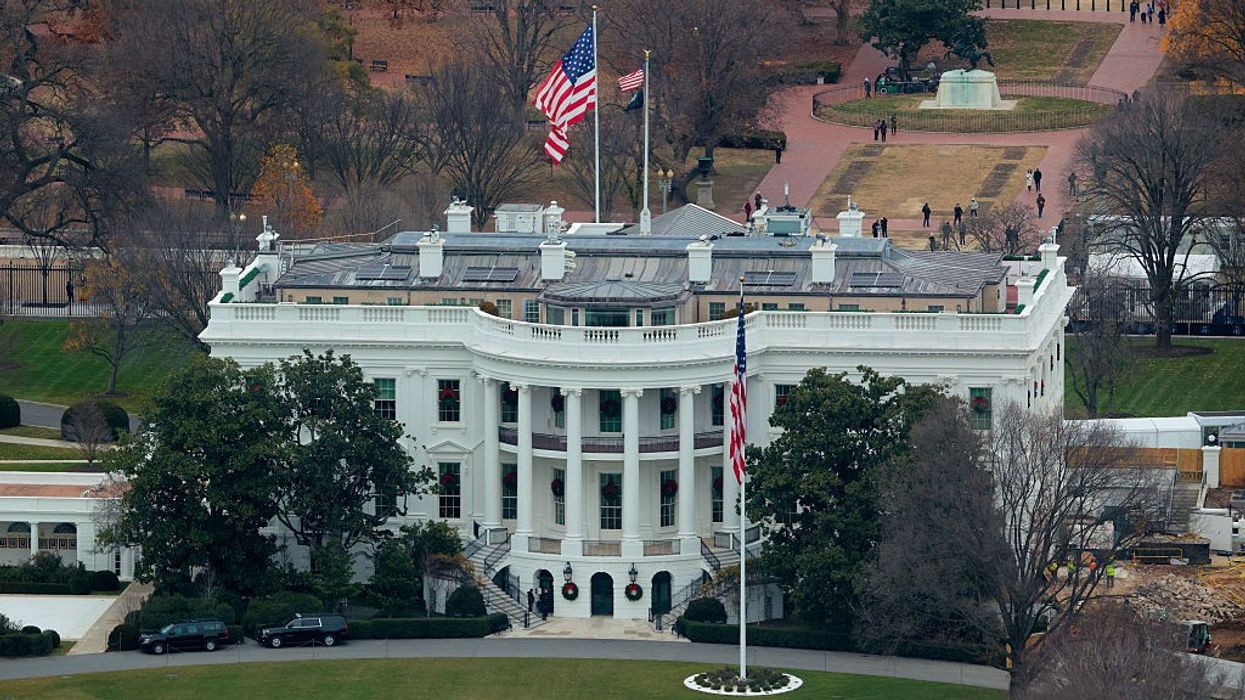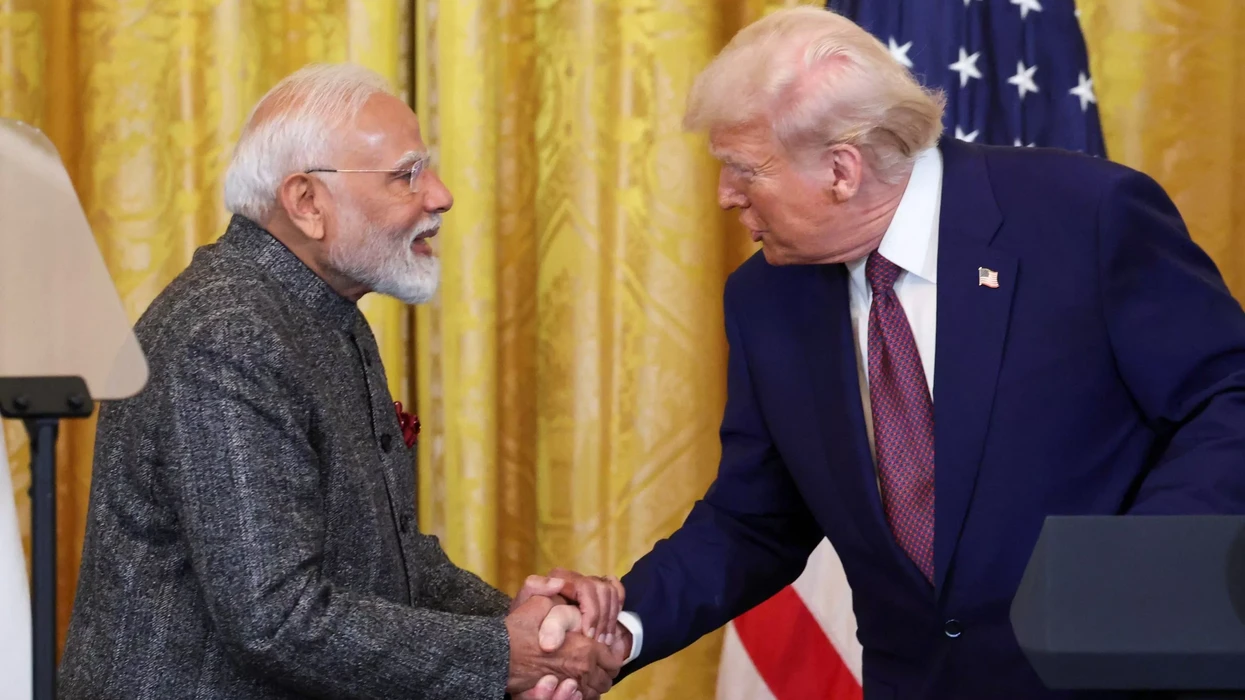A SENIOR official from the Supreme Court of India recently emphasized at an event in Abu Dhabi, UAE, on the critical need for a strong dispute-resolution forum to ensure the success of the planned India-Middle East-Europe Corridor (IMEC).
Seven nations inked a deal at the G20 summit held in New Delhi in India in September last year to create the economic corridor linking the Middle East, South Asia, and Europe.
The agreement, supported by the US as a counter to China’s Belt and Road Initiative, aims to set up ship-to-rail transit, energy connections, and additional infrastructure linking countries such as India, the UAE, Saudi Arabia, Jordan, and Israel with Europe.
Indian prime minister Narendra Modi, who hosted the 2023 G20 summit, called the IMEC as the "basis of world trade for hundreds of years to come".
Read: Think tank seeks FTA duty revision as India’s gold, silver import from UAE surges 210%
The corridor is also likely to reduce trade costs and boost logistical efficiencies and cross-border investment.
In May, Indian solicitor general Tushar Mehta, who is also the second-most senior law official of the country's apex court, told a panel at the India-UAE Business Forum in Abu Dhabi that diverse regulatory frameworks across various jurisdictions could hamper the corridor's work.
Read: UAE simplifies recruitment for companies, workers
“When investing millions of dollars, you can’t afford to have a weak or a slow dispute resolution mechanism,” he said, according to a report by Arabian Gulf Business Insight (AGBI).
While it has been reported that untapped opportunities in trade between India and the Middle East, North America and Turkey could be worth over $112 billion, according to a research published in February; it has also been told that investment from India into Gulf nations has plummeted irrespective of growth in bilateral trade, after the country opted for a more protectionist strategy, the AGBI report added.
According to a report from Alpen Capital, trade between India and the GCC nations -- Bahrain, Kuwait, Qatar, Oman, Saudi Arabia and the UAE -- fell from nearly $10 billion between 2013 and 2017 to just over $5 billion between 2018 and 2022.
While pointing out that the selection of jurisdiction in disputes often depends on the parties' bargaining power, resulting in a "trust deficit", he proposed setting up of a unified forum for resolving disputes among the "corridor contracting parties," encompassing arbitration, awards, and appeals.
According to him, this initiative would foster confidence in judicial processes, the AGBI report said.
“If we have a common forum, I think a substantial worry of the contracting parties will be taken care of,” he said.
“If my company [in India] has a dispute with a company [in the UAE], we neither go to the court in India nor the court in UAE. We go to the forum.”
Mehta said such a forum may follow the United Nations Commission on International Trade Law rules or work under an independent legal framework, aiming to boost the investors' confidence.
The IMEC's future also remains complicated due to the ongoing conflict in the Middle East -- between Israel and Hamas.

